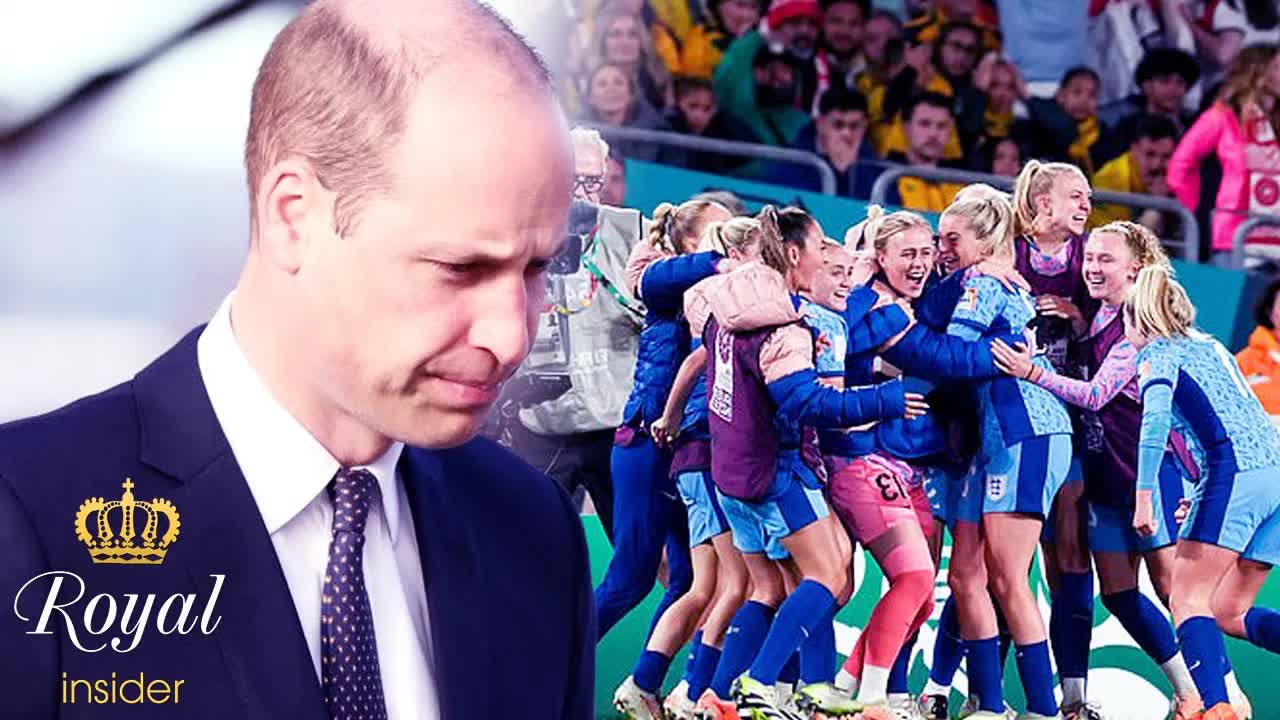Amid the electrifying atmosphere of the World Cup final in Sydney, a surprising absence has left fans and critics puzzled.
Prince William, the president of the UK Football Association, opted out of attending the crucial match between the Lionesses and Spain, sparking a storm of debate.
The Palace defended the Prince’s decision by citing his strong commitment to environmental principles.
The idea of flying jets across the world for a brief appearance would significantly increase carbon emissions, contradicting Prince William’s firm stance on fighting climate change.
According to reports from UK paper The Independent, a Palace source explained that traveling to Australia for such a short time would result in a substantial carbon footprint, which contradicts William’s dedication to addressing climate change.
Prince William’s unwavering stance on this issue is commendable, as he prioritizes his values over public appearances.
Some observers viewed his choice as controversial, leading to criticism directed not only at Prince William but also at UK Prime Minister Rishi Sunak for his absence from the event.
Critics have labeled the absences of these two prominent figures as a misstep, prompting a public outcry that reached a peak where UK Foreign Secretary James Cleverley had to step in to represent the nation.
Sunak’s inability to attend was attributed to conflicting schedules, a common challenge for individuals with multiple responsibilities.
Despite his sincere wish to be present, certain commitments proved inflexible, highlighting the practical constraints even high-profile personalities face.
Nevertheless, critics couldn’t resist drawing comparisons with hypothetical scenarios involving other members of the royal family.
Former Culture Minister Ed Vaizey pointed out that it would have been inconceivable for the Prince of Wales and the Prime Minister to miss a Men’s World Cup final, suggesting that expectations may vary based on tradition and circumstances.
As the commotion subsides following this unusual turn of events, it prompts reflection on the changing roles of public figures in society.
Prince William’s steadfast commitment to his environmental principles, despite intense expectations, underscores the significance of staying true to one’s values.
While debates continue and critics scrutinize the situation, it becomes apparent that the world is not just witnessing a football spectacle, but also a reflection of evolving norms and responsibilities in leadership.
The incident serves as a reminder of the complexities and challenges faced by individuals in the public eye, navigating personal beliefs amidst societal pressures.
Related Stories

